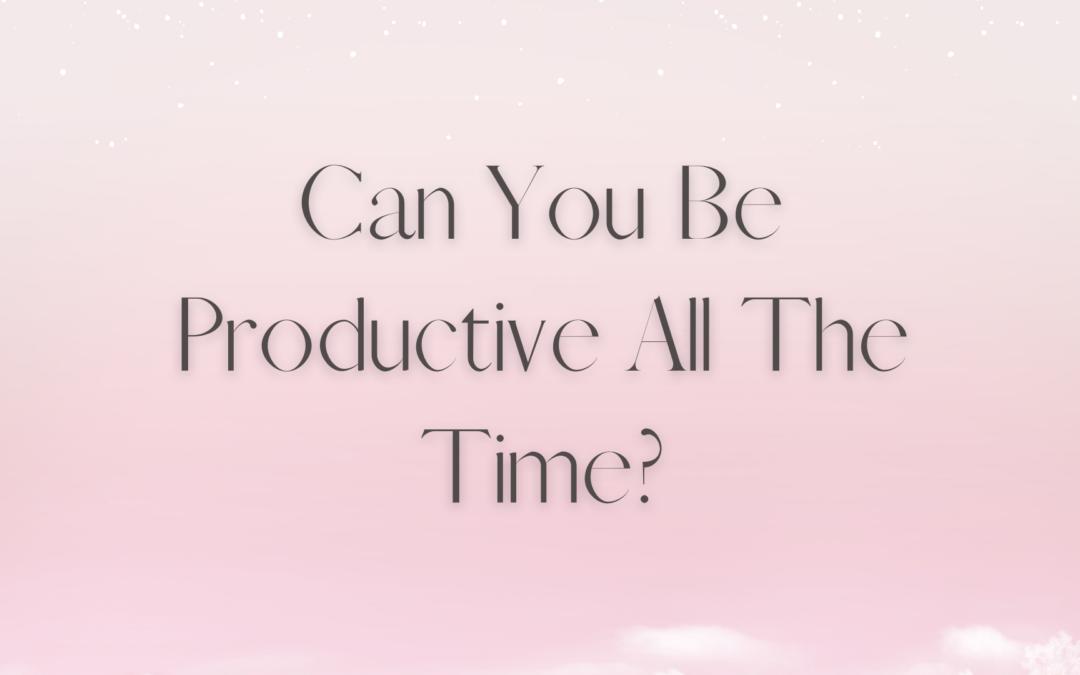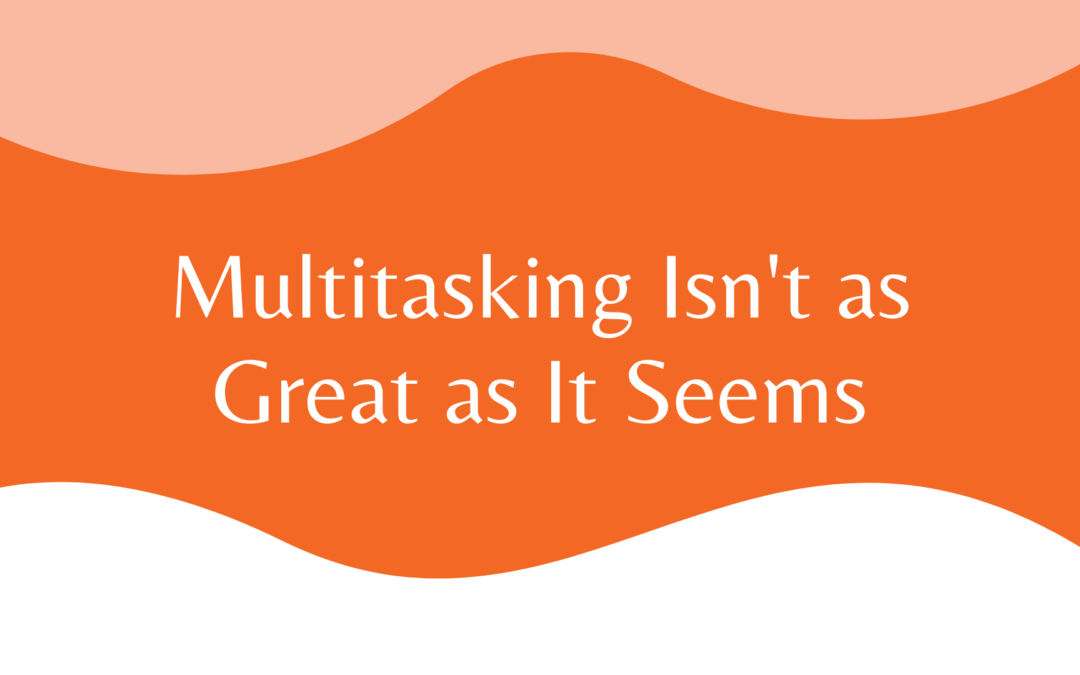Here’s a little life update no one asked for. Remember the story I had shared in one of my previous posts? (It’s a short story I had written as an entry for a magazine competition)
I had shared it on the blog because honestly, I didn’t hope for it to make it through.
My teachers had asked me to make some changes in it since they thought it to be a little too simple. They said it could have been a better story coming from me, and didn’t include the climax and adventure they were expecting.
I was a little taken aback by it initially, since I thought it was a nice sweet little tale (and obviously not because I don’t take negative feedback well).
Ultimately I made the decision to give it just enough edits so that I could say that I have changed it.
Besides, there were two major reasons that kept me from changing it a whole lot:
- I felt that if I changed it the way my teachers wanted it (even though I understand their intentions and know they wanted the best for me), it would have lost its essence. It would no longer be mine.
- Tearing down and then rebuilding the story would have taken up more time than I would have intended to devote to it.
As a conclusion, I told my teacher “I’d like to forward it as it is, and I’d rather focus on creating something than how it turns out.”
With that, the story was out of sight and out of mind.
And guess whose story made it through anyways? Yup, that’s right, mine did!
Okay I admit, that felt quite braggy.
But that is where my point lies.
There could be uncountable factors that led to the story getting selected. But I’d like to believe that the foremost reason it got selected was because I remained true to myself and that is what the judges ended up liking.
What’s even more important is the fact that even before I knew about the results, I was happy with myself and the story because I did not change it for anyone else. Regardless of whether it’d win or not, it was a winner for me.
That’s a few of the many things that happen when you stay true to yourself.
Here are a couple reasons to stay true to yourself and stick to what you believe in.
As you saw my story (pun intended :D), I stuck to my original storyline and preserved it, because I knew changing it would mean changing its crux. I took this decision, despite knowing that it wouldn’t be my best shot and could technically decrease the chances for it to get selected. Yet, it payed off.
Frankly speaking, it might not pay off this explicitly everytime. I hadn’t even expected it to get selected, yet it did. Maybe sending it without any expectations had a part in it.
But one way or another, it will pay off. That’s for sure.
- You’ll Be At Peace With Yourself
Sacrificing yourself rarely ever leads to happiness. In fact, you’ll be at peace with yourself only if you don’t change who you are just because others want you to. Because at the end of the day, staying true to yourself is what makes you happy! When you’ll go to bed at night, you’ll sleep a peaceful sleep knowing that people see the person you actually are.
When you choose to be yourself, you wouldn’t have to waste your time in figuring out how others want you to be and fretting over it.
There’s no need for an exhausting game of “how do I make them like me?” You can just be who you really want to be!
And you don’t have to work hard to impress everyone. You can just be yourself and let them like you for who you are, instead of desperately trying to change yourself and hoping they will too!
- You will be able to devote more energy to bettering yourself, than changing yourself
When you try to change simply to please people, all the energy that goes into trying to be something you’re not takes away time and effort from your business.
When you stop trying to change yourself, that energy is freed up which can now be utilised for better things – better things such as transforming yourself in the person you want to be.
- You would have more confidence than you would if you were trying to mold yourself according to every second person
You choose to be one personality and when you have that personality day after day, you become more confident, more certain of that. However, if your try and switch up your personality according to how every other person tells you to be you wouldn’t know how to act in different situations and thus wouldn’t have confidence in yourself.
You wouldn’t be able to know how to handle a situation if you constantly had to ask yourself, “What would they want me to do?”
Instead of constantly asking yourself what other people would say or do in a certain situation, just be yourself and work it out from there!
Recap for memory:
- Being yourself pays off, one way or another.
- It saves you energy and makes your life easier.
- It gives your more confidence and peace of mind.





